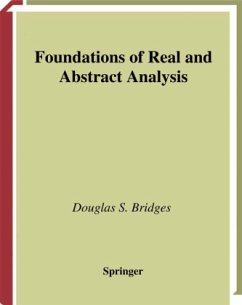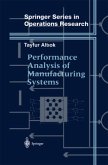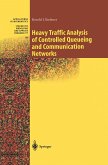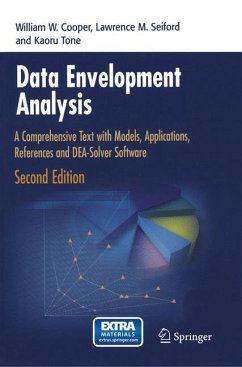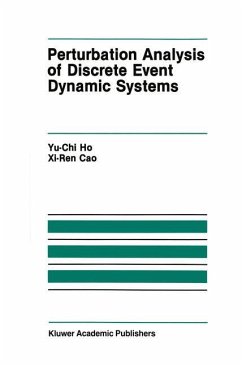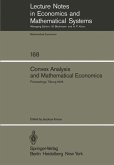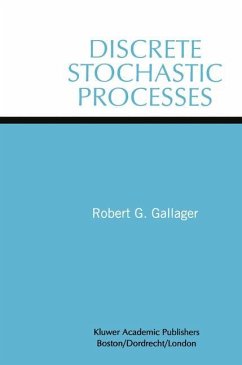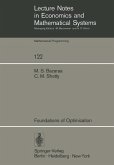The core of this book, Chapters three through five, presents a course on metric, normed, and Hilbert spaces at the senior/graduate level. The motivation for each of these chapters is the generalisation of a particular attribute of the n Euclidean space R: in Chapter 3, that attribute is distance; in Chapter 4, length; and in Chapter 5, inner product. In addition to the standard topics that, arguably, should form part of the armoury of any graduate student in mathematics, physics, mathematical economics, theoretical statistics,. . . , this part of the book contains many results and exercises that are seldom found in texts on analysis at this level. Examples of the latter are Wong's Theorem (3.3.12) showing that the Lebesgue covering property is equivalent to the uniform continuity property, and Motzkin's result (5. 2. 2) that a nonempty closed subset of Euclidean space has the unique closest point property if and only if it is convex. The sad reality today is that, perceiving themas one of the harder parts of their mathematical studies, students contrive to avoid analysis courses at almost any cost, in particular that of their own educational and technical deprivation. Many universities have at times capitulated to the negative demand of students for analysis courses and have seriously watered down their expectations of students in that area. As a result, mathematics majors are graduating, sometimes with high honours, with little exposure to anything but a rudimentary course or two on real and complex analysis, often without even an introduction to the Lebesgue integral.
Bitte wählen Sie Ihr Anliegen aus.
Rechnungen
Retourenschein anfordern
Bestellstatus
Storno

